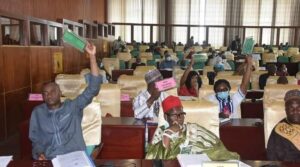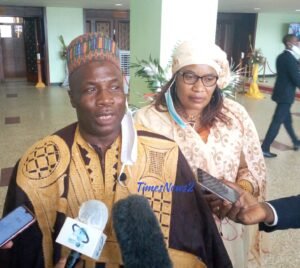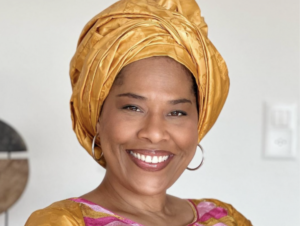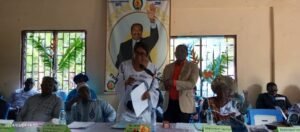
As activities heighten at the November session of the national assembly in Yaounde-Cameroon, members of parliament diagnose various issues at stakes and among which is the declaration of birth certificates.
A special session held on November 16, 2020 and chaired by honorable Hilarion Etong, senior vice speaker at the national assembly, was placed under the theme: “The issue of establishing birth certificates in Cameroon.”
Seven communications were made during the session by decentralization and local development minister, public health minister, women’s empowerment and the family minister, minister delegate of justice, the president of united councils, the general manager of the national civil status bureau and the representative of basic education’s minister.
Different strategies and actions put in place by the government to ease the process of birth certificate were disclosed to MPs. Despite the fact that the process is hampered at an extent by people who still find it difficult to get their children registered on civil status registry.
It said 33% of deliveries in Cameroon occur at home and close to 32% of children in primary schools do not have birth certificates. A situation which has triggered many discussions as members of parliament have identified specific regions were figures were alarming.

They have also amongst others recommended that the period for free issuance of birth certificates should be extended to 180 days after birth. Some MPs have suggested the putting in place of a law that will enable everyone to have a social security number. As soon as a child is born he should be registered.
Honorable Koupit Adamou of the Cameroon democratic union believes government has to increase significant campaigns on this issue. And as an MP, he will in his own way lead some activities on the field to get population more informed on birth certificates’ registration.

He said: “The solution is in two domains. The preventive and curative solutions could solve this issue of birth certificates registration. I think in the first place, administrative and judicial procedures must be made more accessible than they are now. And then, we should put a lot of emphasis on sensitization, even in health centres.”
The current era of decentralization witnessed by Cameroon has a key role to play in easing the process of birth certificates’ registration as underscored by Ngala Gerard, CPDM MP of the Donga Mantung constituency in the North West region.

“We are now talking to mayors to act. As you know, we are in the face of decentralization. Meaning that mayors have to understand the different peculiarities and problems they face in their communities. They can easily come in place and see how to help in such situations. And as members of parliament, we can bring out something general to be applied in the whole nation. We will be studying that and evaluate. And if it is expensive, we will see how to make it affordable, so that all children should be able to have birth certificates. It is very important and yet dangerous for a child to have no birth declaration.” He said.
Civil status registration facilitates essential services such as health care, education and social protection and most importantly reduces the risk of statelessness, child mariage and human trafficking.
By Elise Kenimbeni








